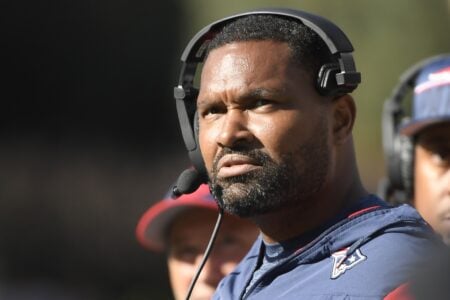- Joined
- Dec 20, 2009
- Messages
- 4,702
- Reaction score
- 6,840
I don't understand the underlying logic or reason for compensatory picks. A team knowingly signs a player to a contract of a certain duration. Once that contract has expired, the player is a free agent and can sign with another team. The original team then gets a compensatory pick. Seems like the team's being rewarded for failing to come to an agreement with the player. I would think the NFLPA would be against this since its a disincentive to for teams to sign their own free agents. What am I missing?



















